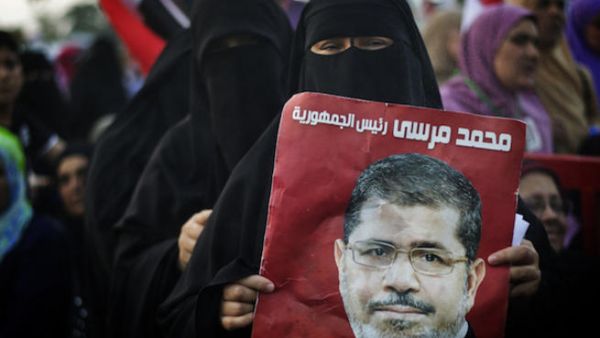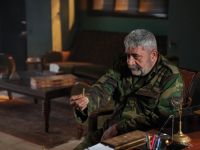Egypt will endanger its "second chance" for democracy if the military-led interim government persists in cracking down on Islamists, a top U.S. diplomat said.
"If representatives of some of the largest parties in Egypt are detained or excluded, how are dialogue and participation possible?" Deputy Secretary of State William J. Burns asked journalists after meeting with Egypt's military leaders and the military-appointed interim government officials.
"It is hard to picture how Egypt will be able to emerge from this crisis unless its people come together to find a non-violent and inclusive path forward," said Burns, the highest-level U.S. official to visit Cairo since President Mohamed Morsi -- Egypt's first freely elected president -- was removed by the military July 3.
"The United States is firmly committed to helping Egypt succeed in this second chance to realize the promise of the revolution," Burns said.
"I am not naive. I know that many Egyptians have doubts about the United States, and I know that there will be nothing neat or easy about the road ahead," he said.
Burns did not mention Morsi by name and did not publicly repeat U.S. calls for the generals to release the unseated president, reported in military custody.
When an Egyptian journalist asked how the interim leaders responded to the U.S. calls for Morsi's release, Burns said, "We have made our views clear on that issue."
Burns also made no mention of the Islamist Muslim Brotherhood movement that supports Morsi. Scores of senior figures of the religious, political and social movement have been arrested since Morsi's ouster, and the government said Sunday it froze the assets of 14 Brotherhood leaders.
The military has also closed three Islamist satellite networks.
"We have called on the military to avoid any politically motivated arrests," Burns said. "And we have also called upon those who differ with the government to adhere to their absolute obligation to participate peacefully."
His remarks were followed by new clashes between Islamists and police.
Burns was also rebuffed by the group that led the popular uprising against Morsi, as well as the Brotherhood and the ultraconservative Nour Party, all of which said they would not meet with Burns.
Burns and U.S. Ambassador Anne Patterson had invited them to attend a roundtable discussion at one of Cairo's Four Seasons hotels.








